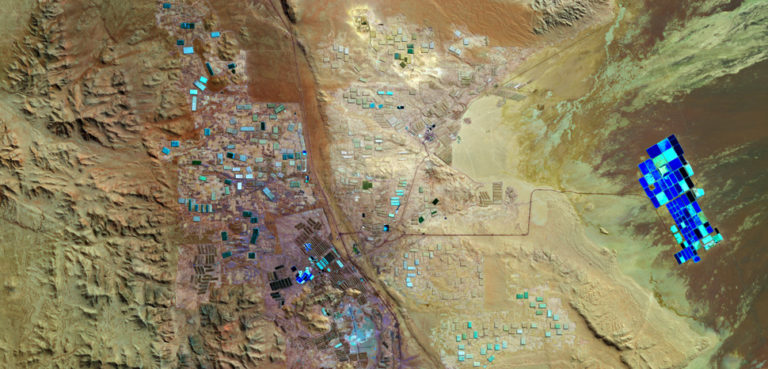
The uranium market has undergone notable shifts over the past several years, with uranium prices reaching near-record highs due to a combination of shifting public opinion, increased demand for nuclear energy, geopolitical disputes, and protectionist policies in from key producers. As a result, supply-demand imbalance has pushed uranium prices upward, particularly as a growing number of governments look to diversify their energy mix beyond renewables like solar and wind.
First and foremost, there are economic forces driving uranium demand given the fissile material’s role in stable, low-cost power generation. Renewed interest in nuclear energy is manifesting in the development of new reactors, particularly small modular reactors (SMRs), and the refurbishment of old ones. At least 60 new reactors are under construction around the world, predominantly in Asia, and another 110 are planned. Moreover, additional demand is generated in light of the strategic importance of uranium for defense; for example, in the production of nuclear weapons and fueling of nuclear submarines.
Uranium’s geopolitical significance is highlighted by recent events that together underscore its central role in energy security and economic stability. Notably, the US ban on Russian uranium imports, imposed in May of this year, has intensified global competition for uranium supplies, pushing nations to seek alternative sources while increasing reliance on the likes of Kazakhstan, Australia, and Canada.



